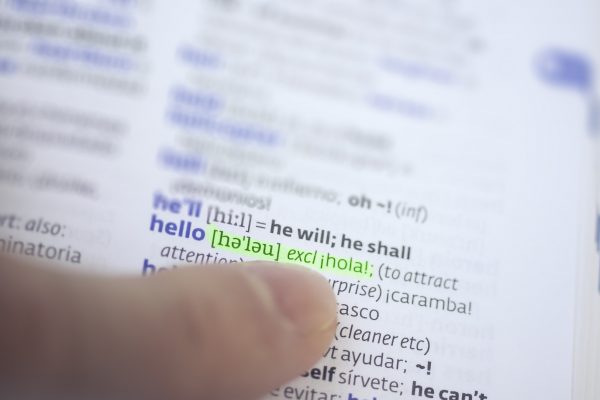Learning a new language is a very interesting phenomenon; but, sometimes, it is not without its own downsides. More often than not, an Igala language student is faced with occasional interference, either from another language or other language varieties, mostly through code-switching. Wikipedia defines code-switching as “language alternation,” describing a situation where a speaker ‘alternates’ from one language to another without control. It is true that the Igala alphabet descended from the English alphabet; but […]
Igala Grammar: Homographs
In English language, two words are said to be ̀homographs’ if they are spelt the same way but have different meanings. In Igala speech, a single word, pronounced with different tone pitches, produces a set of homographs – words spelt the same way but vary in meanings; Example 1: From the unmarked word, ‘ọko,’ a speaker calls it using different tones; he can create three different words with three different meanings. ọ́kọ́ […]


